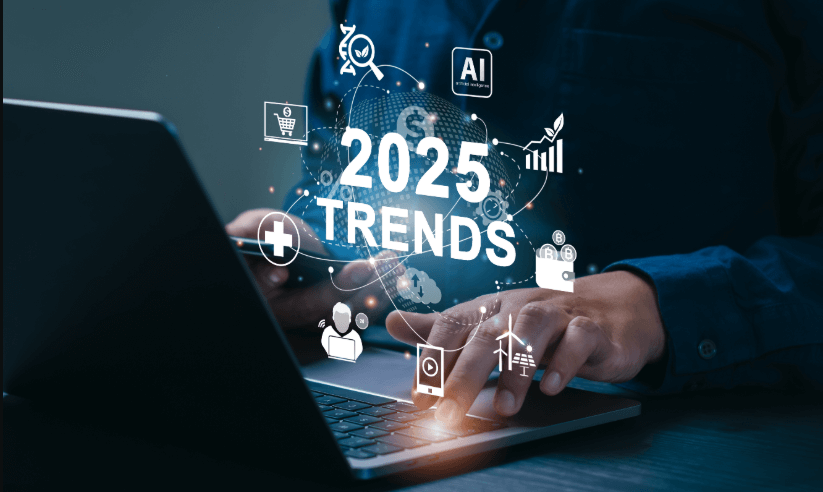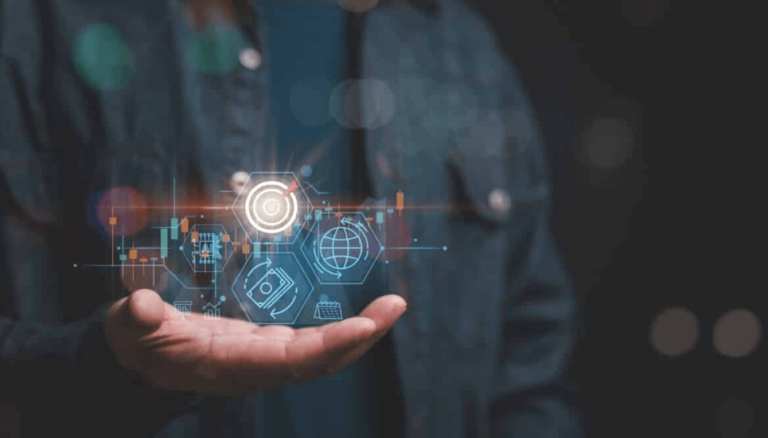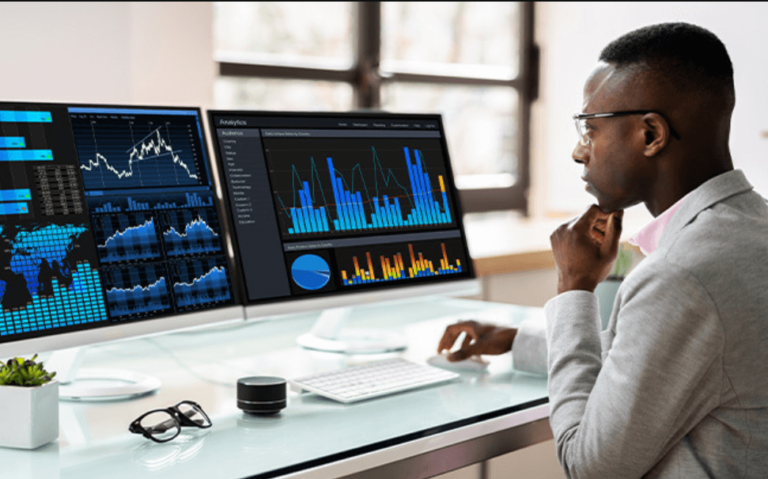Technology in 2025: Transforming the Digital World

Technology continues to evolve at an unprecedented pace, shaping how we live, work, and interact. From artificial intelligence (AI) to cloud computing, 5G networks, Internet of Things (IoT), and blockchain, innovations are revolutionizing industries and everyday life. Staying updated with technology trends in 2025 is essential for businesses, professionals, and individuals aiming to remain competitive and leverage the latest tools effectively.
This article explores the key technology trends of 2025, their impact, and how they are shaping the future.
Artificial Intelligence: The Engine of Modern Innovation
Artificial Intelligence is transforming industries by enabling machines to analyze data, recognize patterns, and make intelligent decisions. AI is no longer limited to tech companies—it impacts healthcare, education, finance, and retail.
- Healthcare: AI assists in early disease detection, robotic surgeries, and personalized treatment planning.
- Business: Companies use AI chatbots, automation, and predictive analytics to optimize operations.
- Education: Adaptive learning platforms provide personalized education tailored to each student’s needs.
Experts predict that AI could contribute over $15 trillion to the global economy by 2030, underlining its transformative power.
Cloud Computing: Powering Digital Transformation
Cloud computing allows businesses to store, process, and manage data remotely, providing flexibility and scalability.
- Scalability: Easily adjust resources according to demand.
- Collaboration: Teams can work together from anywhere using cloud-based tools.
- Cost Efficiency: Reduces expenses for hardware, maintenance, and IT operations.
Leading providers such as AWS, Microsoft Azure, and Google Cloud empower companies to innovate faster and remain competitive.
5G Networks: Accelerating Connectivity
The rollout of 5G technology is revolutionizing connectivity with faster speeds and lower latency, enabling real-time communication and advanced applications.
- Entertainment: High-quality streaming, immersive gaming, and virtual reality experiences.
- Healthcare: Remote surgeries and telemedicine consultations become more reliable and precise.
- Smart Cities: IoT-enabled infrastructure improves traffic management, energy efficiency, and public safety.
By 2030, billions of devices are expected to rely on 5G networks, driving growth across multiple sectors.
See also: Technology in 2025: Transforming the Digital Landscape
Internet of Things (IoT): Creating Connected Ecosystems
The Internet of Things links devices to the internet, creating smarter homes, workplaces, and cities.
- Smart Homes: Control appliances, lighting, and security systems remotely.
- Healthcare: Wearable devices monitor vital signs, sleep patterns, and physical activity.
- Smart Cities: IoT sensors optimize energy, traffic, and waste management systems.
Analysts predict over 30 billion IoT devices will be in use worldwide by 2030, making IoT central to modern living.
Cybersecurity: Safeguarding the Digital World
As technology advances, cyber threats are becoming more sophisticated. Cybersecurity ensures sensitive data remains safe and trust is maintained.
- AI-Powered Security: Detects and prevents cyberattacks in real-time.
- Encryption: Secures sensitive communication and transactions.
- User Awareness: Educating users reduces risks from phishing, malware, and identity theft.
With cybercrime expected to cost trillions annually, robust cybersecurity measures are vital for businesses and individuals alike.
Blockchain: Beyond Cryptocurrency
Blockchain technology offers secure, transparent solutions beyond cryptocurrency.
- Finance: Enables fast, secure, and transparent financial transactions.
- Supply Chain: Tracks products from origin to delivery, reducing fraud.
- Healthcare: Protects patient records and ensures data integrity.
The rise of Web3 and decentralized applications (dApps) demonstrates blockchain’s expanding role in creating secure digital ecosystems.
Green Technology: Sustainable Innovation
Green technology addresses environmental challenges while promoting innovation.
- Renewable Energy: Solar, wind, and hydroelectric power reduce dependence on fossil fuels.
- Electric Vehicles (EVs): Promote clean transportation alternatives.
- Smart Energy Grids: AI-driven systems optimize energy usage and minimize waste.
Green technology shows that progress and sustainability can go hand in hand, benefiting both businesses and the environment.
Emerging Technologies to Watch
Several emerging technologies are set to redefine industries and lifestyles:
- Quantum Computing: Provides unprecedented computational power for complex problems.
- Metaverse: Creates immersive virtual worlds for work, education, and entertainment.
- Biotechnology: Advances in genetics enhance healthcare, agriculture, and food security.
- Artificial General Intelligence (AGI): Machines capable of human-level reasoning and decision-making.
These innovations could transform industries, economies, and daily life in the coming decade.
Conclusion
Technology in 2025 is more than convenience—it is the driving force of progress. AI, cloud computing, 5G, IoT, blockchain, and green technology are already reshaping industries, business processes, and daily life. Cybersecurity ensures safety and trust, while emerging technologies such as quantum computing, biotechnology, and the metaverse promise even greater advancements.
For businesses, embracing these technologies is crucial for competitiveness and growth. For individuals, staying informed means smarter living, better opportunities, and enhanced efficiency. Ultimately, technology is not just shaping the future—it is defining it.


